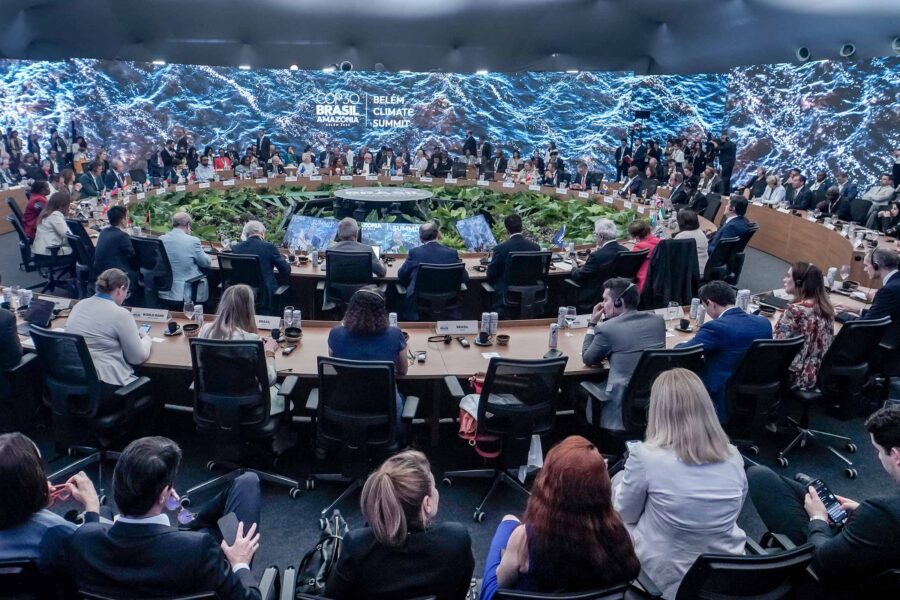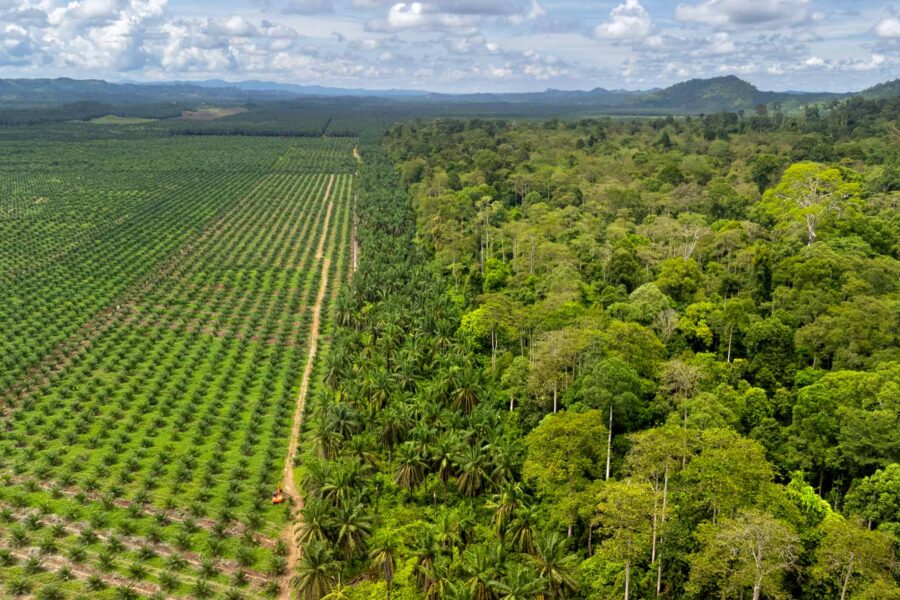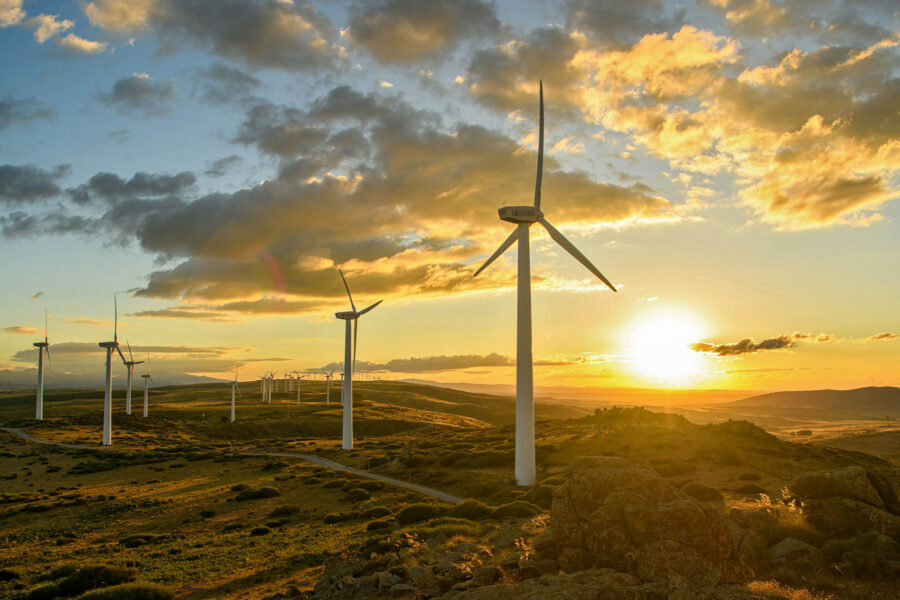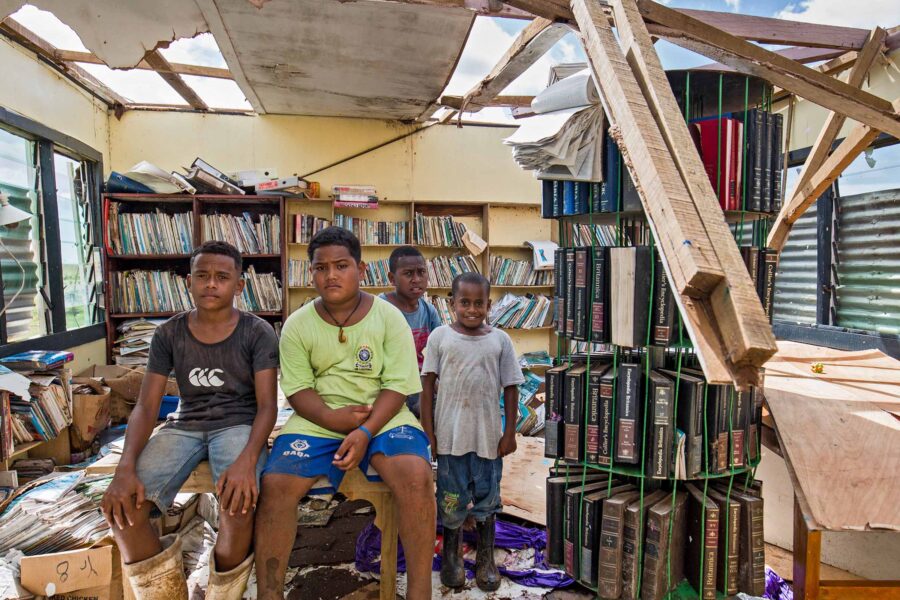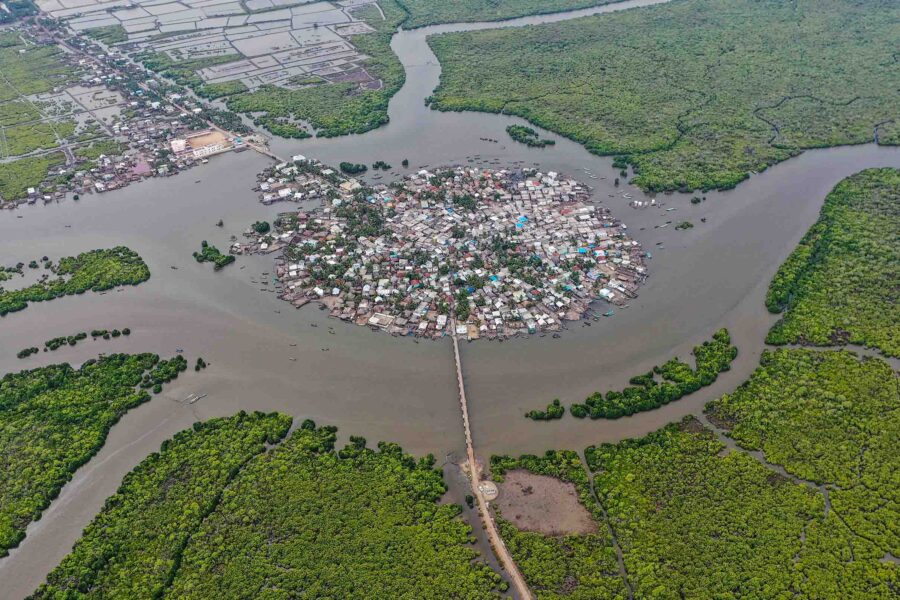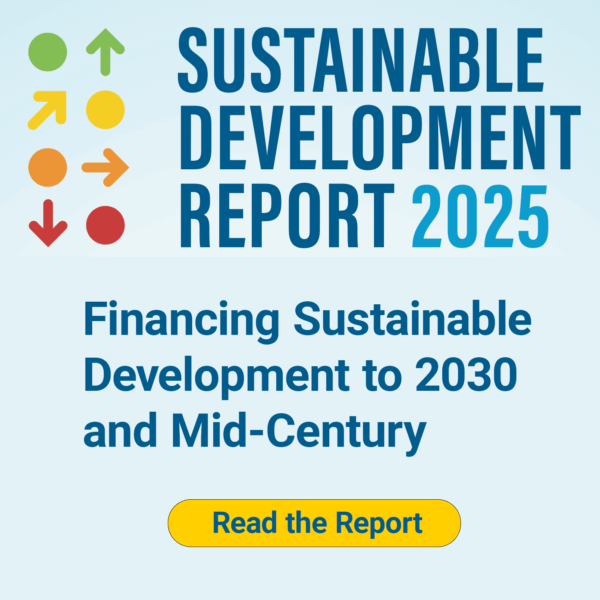Trade at a turning point: why COP30’s new climate-trade forum could reshape global action
Climate — Global
With trade measures rising and global warming accelerating, COP30 in Belém, Brazil, introduced a new forum to rebuild trust between climate and trade communities. Its promise – and its challenges – will shape the next phase of global climate cooperation





